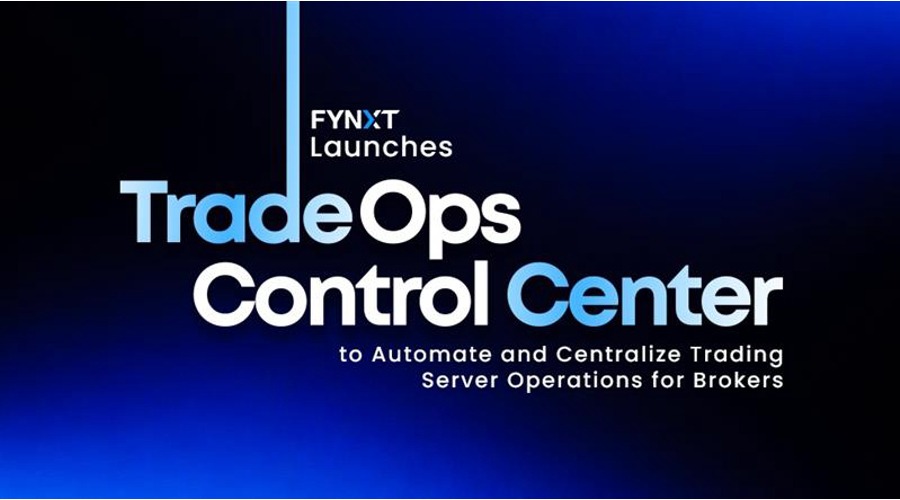Regtech, also known as regulatory technology, is a word used to describe the use of technology to automate and streamline compliance operations. Regtech has been a major player in the compliance space in recent years, assisting businesses in keeping up with the constantly shifting regulatory environment.
Regtech will undoubtedly continue to play a significant part in compliance as we move ahead to 2023. This essay will examine the development of regtech, its function in compliance, and some of the major trends and issues that are now influencing the regtech landscape.
Development of Regtech
Regtech's beginnings can be dated to the immediate aftermath of the 2008 global financial crisis. Following the crisis, officials started enacting more stringent rules in an effort to stop the recurrence of the same situation.
The Dodd-Frank Act in the US and the Basel III Accord globally were both included in these regulations. The financial industry as a whole needed these regulations to safeguard customers but financial institutions and other regulated businesses also had a lot of work to do to comply with them.
Regtech businesses started to appear, providing services to assist businesses in successfully and efficiently managing their compliance duties. Today, there are hundreds of companies offering a wide range of solutions to assist businesses stay compliant, considerably expanding the regtech environment.
Regtech’s Function in Compliance
So, what precisely does regtech play in compliance? Regtech's primary goal is to assist businesses in meeting their compliance obligations. Everything from automating compliance procedures to offering real-time monitoring and reporting can be included in this.
Regtech may assist businesses in staying in front of the regulatory curve, which is one of its main advantages. It can be challenging for businesses to stay current with the constant introduction of new legislation and requirements.
These solutions can be useful by automating the process of upgrading compliance policies and procedures and by delivering real-time updates on regulatory changes.
Regtech can also aid businesses in better risk identification and management. Regtech solutions can assist businesses in identifying possible compliance concerns before they become serious issues by offering real-time monitoring and reporting.
Regtech can also aid in lowering the costs related to compliance. Regtech solutions can assist businesses in reducing the time and cost associated with compliance-related tasks by automating workflows and optimizing operations.
Important Trends and Issues in Regtech
Several significant developments and problems are now reshaping the regtech scene as we look ahead to 2023. Let's examine some of these difficulties and trends in more detail:
- The complexity of regulatory regulations is growing, which is one of the main problems businesses are currently experiencing. It can be challenging for businesses to stay on top of their compliance duties as regulations become increasingly specific and demanding. Regtech products with automation and real-time monitoring can lessen this difficulty.
- The increasing emphasis on data privacy and cybersecurity is another significant trend in the regtech industry. Regtech solutions that place a high priority on data privacy and cybersecurity will be in high demand as data breaches become more frequent and regulatory requirements for data protection become more stringent.
- AI and machine learning: As these technologies develop further, we may anticipate seeing more regtech solutions that use them to automate compliance procedures and spot possible hazards.
- Globalization: As more businesses expand internationally, there is an increasing demand for regtech solutions that may assist businesses in managing compliance requirements across many countries.
- Integration with current systems: Last but not least, one of the main issues businesses today are experiencing is how to integrate regtech solutions with their current workflows and systems. Regtech businesses will be well-positioned to flourish in the regtech landscape if they place a high priority on simplicity of integration and compatibility with current systems.
Regtech in 2013 and Beyond: The Challenges along the Way
With the increasing number and complexity of regulations, Regtech has become a crucial component of compliance programs for many companies. However, Regtech itself faces several issues in what concerns compliance.
One of the major issues it faces is the lack of standardization in regulations across different jurisdictions. Regulations can vary significantly between countries, and even within the same country, different regulations can be imposed by different agencies. This creates a challenge for Regtech providers as they need to ensure their solutions are compliant with all relevant regulations, which can be time-consuming and costly.
Another issue Regtech must address is the difficulty of keeping up with constantly changing regulations. Regulations are constantly evolving, and Regtech solutions need to be able to adapt to these changes quickly. This requires significant resources and investment in research and development to ensure that Regtech solutions remain up-to-date and effective.
These solutions also need to be able to integrate with existing systems and processes within a company. Many companies have legacy systems in place that are difficult to integrate with new technology solutions. As such, Regtech providers need to ensure their solutions can integrate seamlessly with existing systems to avoid disruption to business operations.
Another challenge is the need for these solutions to be flexible and customizable. Companies have unique compliance needs, and Regtech solutions need to be able to adapt to these needs. This requires providers to offer customizable solutions that can be tailored to the specific needs of individual companies.
These solutions also need to be secure and compliant with data protection regulations. Companies need to ensure that sensitive data is protected and that they are compliant with data protection regulations such as GDPR. Regtech providers need to ensure their solutions are secure and compliant with these regulations to avoid any potential breaches or fines.
Conclusion
In conclusion, the introduction of regtech has revolutionized the compliance industry. Regtech solutions are making it easier than ever for businesses to remain on top of their compliance obligations by automating procedures, streamlining workflows, and offering real-time monitoring and reporting.
We may anticipate continuing expansion and innovation in the regtech market until 2023. Regtech companies will need to be adaptable and creative to keep up with the shifting landscape due to the complexity of regulations, increased worries about data privacy and cybersecurity, and the continuous development of AI and machine learning technology.
It is fairly obvious that regtech will play a significant role in compliance for years to come as its solutions can assist businesses in navigating the complicated and constantly shifting regulatory landscape while lowering costs and boosting overall effectiveness.
As a result, businesses will be well-positioned to flourish in the years to come if they prioritize adopting and integrating regtech.

















